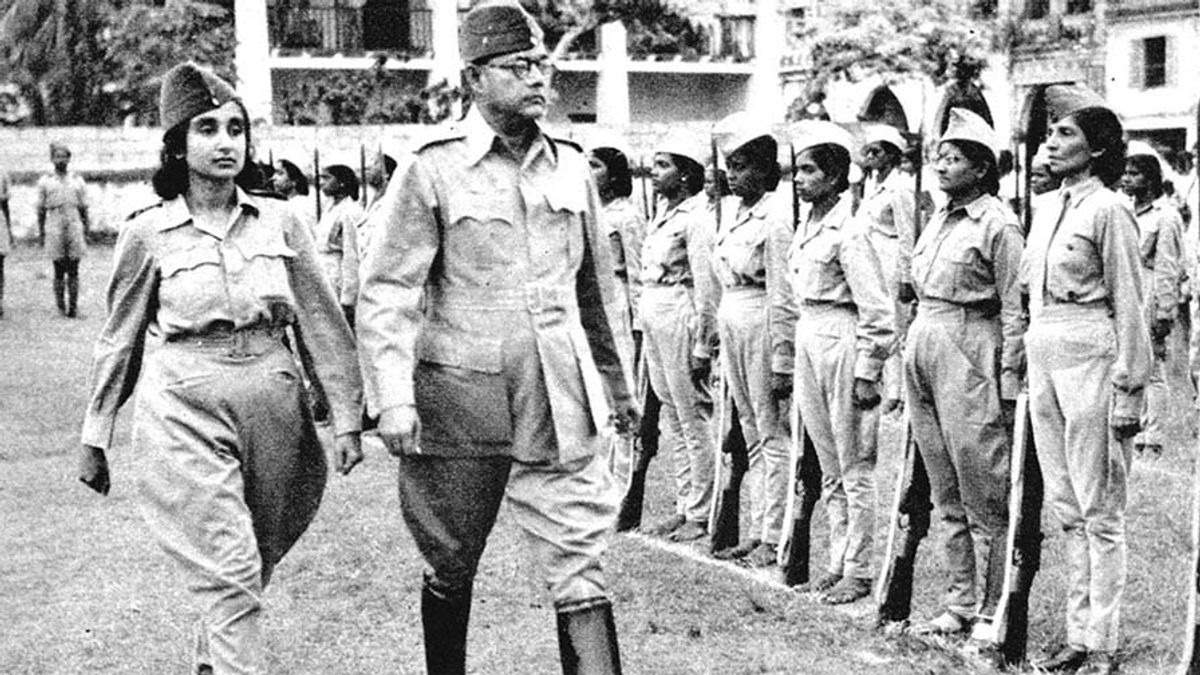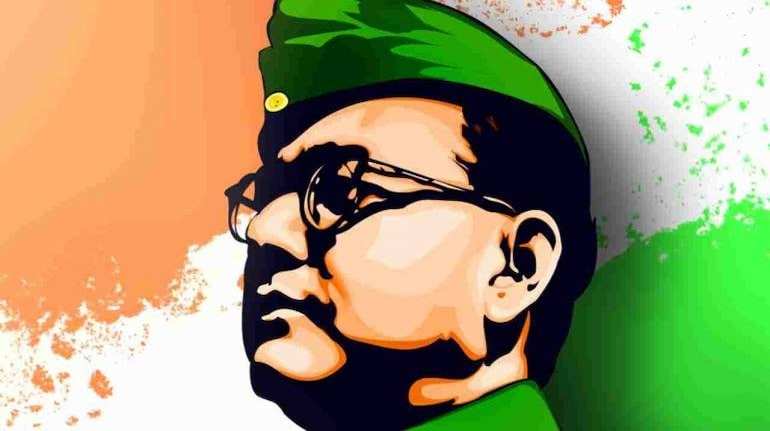Unveiling Netaji: 9 Fascinating Facts About Subhas Chandra Bose You Might Not Know
Netaji Subhas Chandra Bose, born on January 23, 1897, remains one of India's most revered freedom fighters. Known for his leadership in the Indian independence movement, Bose founded the Azad Hind Fauj, India's first armed force. His famous slogan, "Tum mujhe khoon do, main tumhe aazadi dunga," (Give me blood, and I will give you freedom) continues to inspire generations of Indians.

Netaji Subhas Chandra Bose, born on January 23, 1897, remains one of India's most revered freedom fighters. Known for his leadership in the Indian independence movement, Bose founded the Azad Hind Fauj, India's first armed force. His famous slogan, "Tum mujhe khoon do, main tumhe aazadi dunga," (Give me blood, and I will give you freedom) continues to inspire generations of Indians.

Here are 9 lesser-known yet compelling facts about Subhas Chandra Bose that highlight his remarkable contributions and enduring legacy:

1. Early Brilliance and Education
Subhas Chandra Bose was born in Odisha and demonstrated exceptional brilliance from a young age. He excelled in his studies, securing top ranks throughout his school and university education. In 1918, he completed his BA in Philosophy with first-class honors, showcasing his academic prowess.
2. A Bold Decision: Resigning from Civil Service
In 1920, Bose passed the Indian Civil Service examination in England. Despite this prestigious achievement, he resigned from his civil service position on April 23, 1921, after being deeply moved by India’s struggle for independence. This decision marked the beginning of his active involvement in the freedom movement.
3. Leadership in Indian National Congress
During the late 1920s and 1930s, Bose emerged as a prominent leader of the radical wing of the Indian National Congress. He served as the President of the Congress in 1938 and 1939. However, due to ideological differences with Mahatma Gandhi and the Congress high command, he was expelled from his leadership roles in 1939.
4. Imprisonments for Independence
Between 1921 and 1941, Bose was imprisoned eleven times for his relentless pursuit of complete independence for India. His repeated imprisonments highlight his unwavering commitment to the cause.
5. Advocacy for Violent Resistance
Bose was a staunch advocate of armed struggle against British rule, differing significantly from Gandhi's non-violent approach. He believed that non-violence alone would not suffice to achieve independence and therefore supported the use of force.
6. International Alliances and the Azad Hind Fauj
At the onset of World War II, Bose traveled to countries like the Soviet Union, Nazi Germany, and Imperial Japan to seek alliances against British colonial rule. With the support of the Japanese, he reorganized and led the Azad Hind Fauj (Indian National Army), formed with Indian prisoners-of-war and workers from Southeast Asia. His efforts led to the liberation of the Andaman and Nicobar Islands and advanced the INA to Manipur.
7. Japanese Recognition
On August 23, 2007, Japanese Prime Minister Shinzo Abe visited the Subhas Chandra Bose memorial hall in Kolkata. Abe expressed deep admiration for Bose’s determination, stating that the Japanese were profoundly moved by his leadership in the Indian independence movement.
8. Establishment of Azad Hind Radio
Bose also established the Azad Hind Radio station in Germany, where he broadcasted to support the Indian nationalist cause. His role in leading the Indian nationalist movement extended beyond India to East Asia.
9. Inspirational Sources
Subhas Chandra Bose found inspiration in the Bhagavad Gita, which influenced his vision and leadership. Additionally, Swami Vivekananda’s teachings on universal brotherhood and social reform played a significant role in shaping his ideological beliefs and approach.
